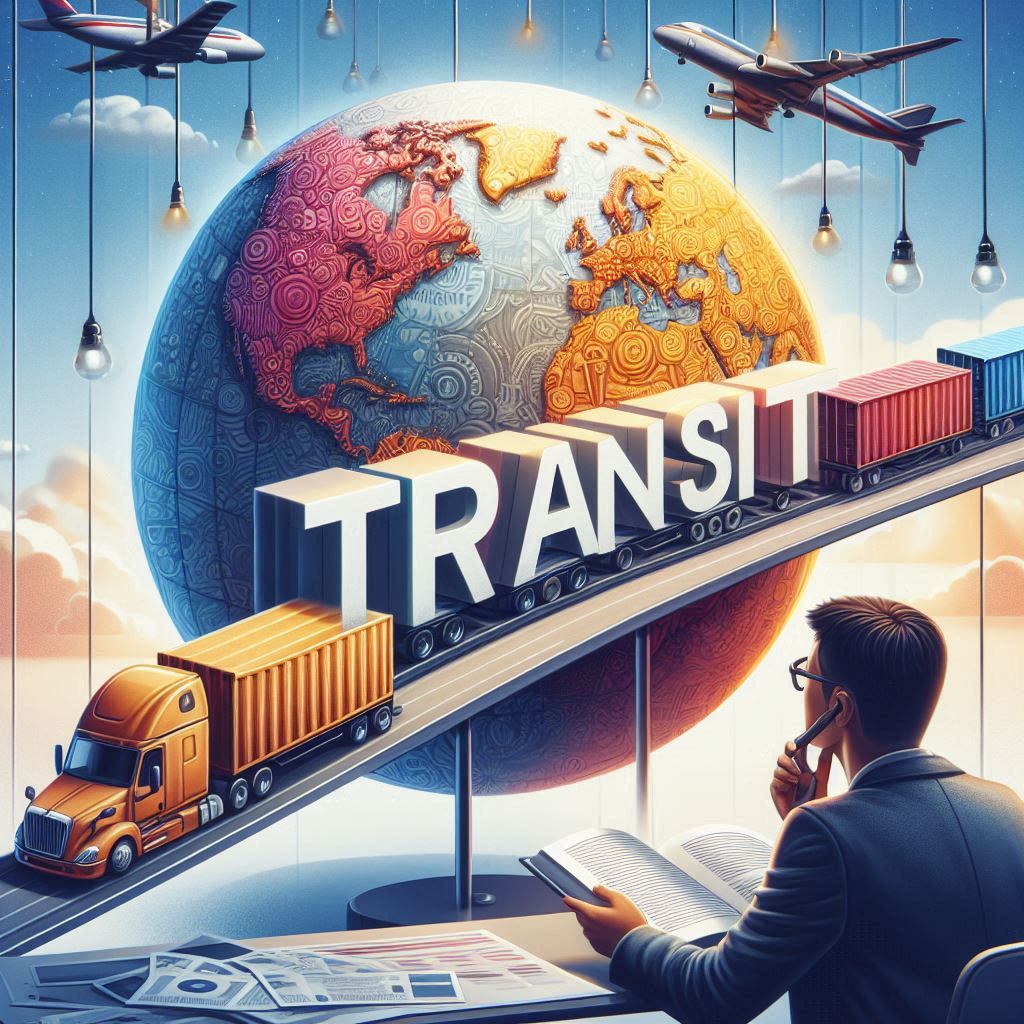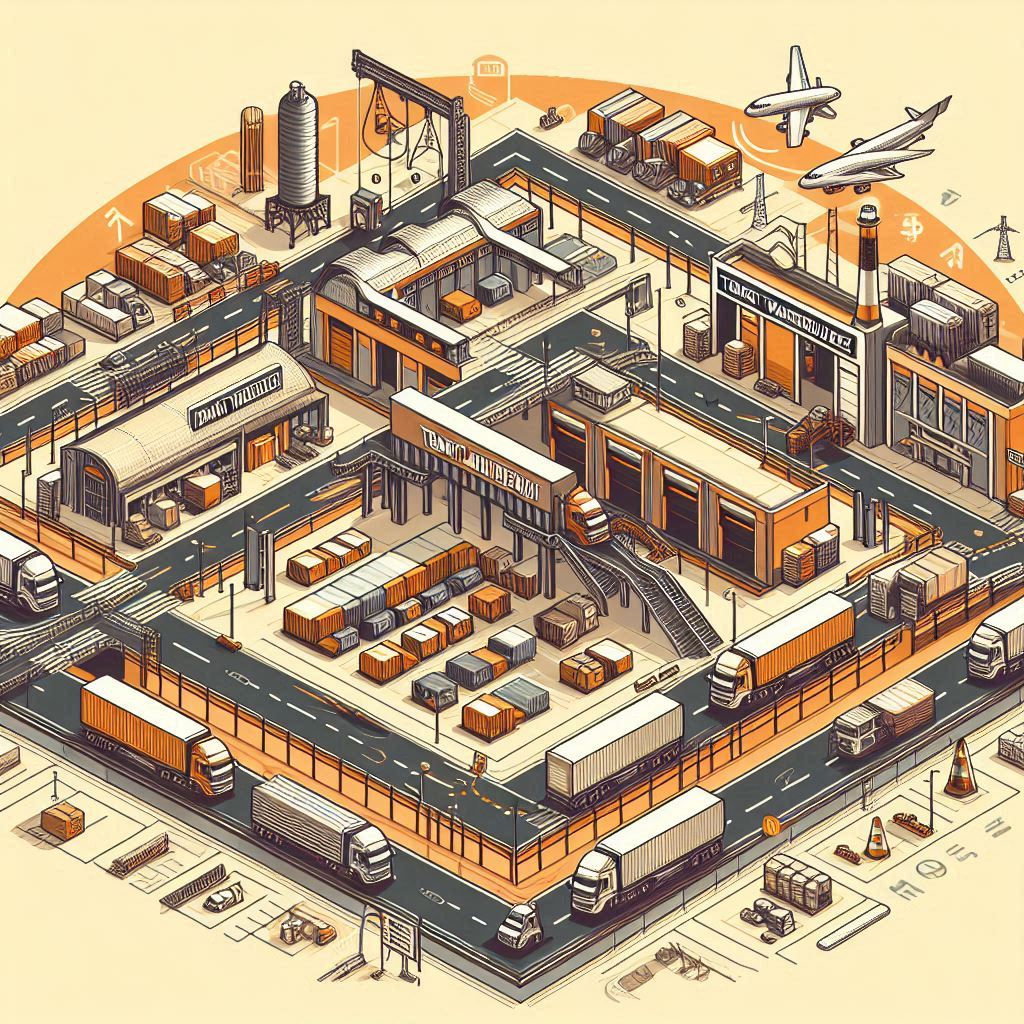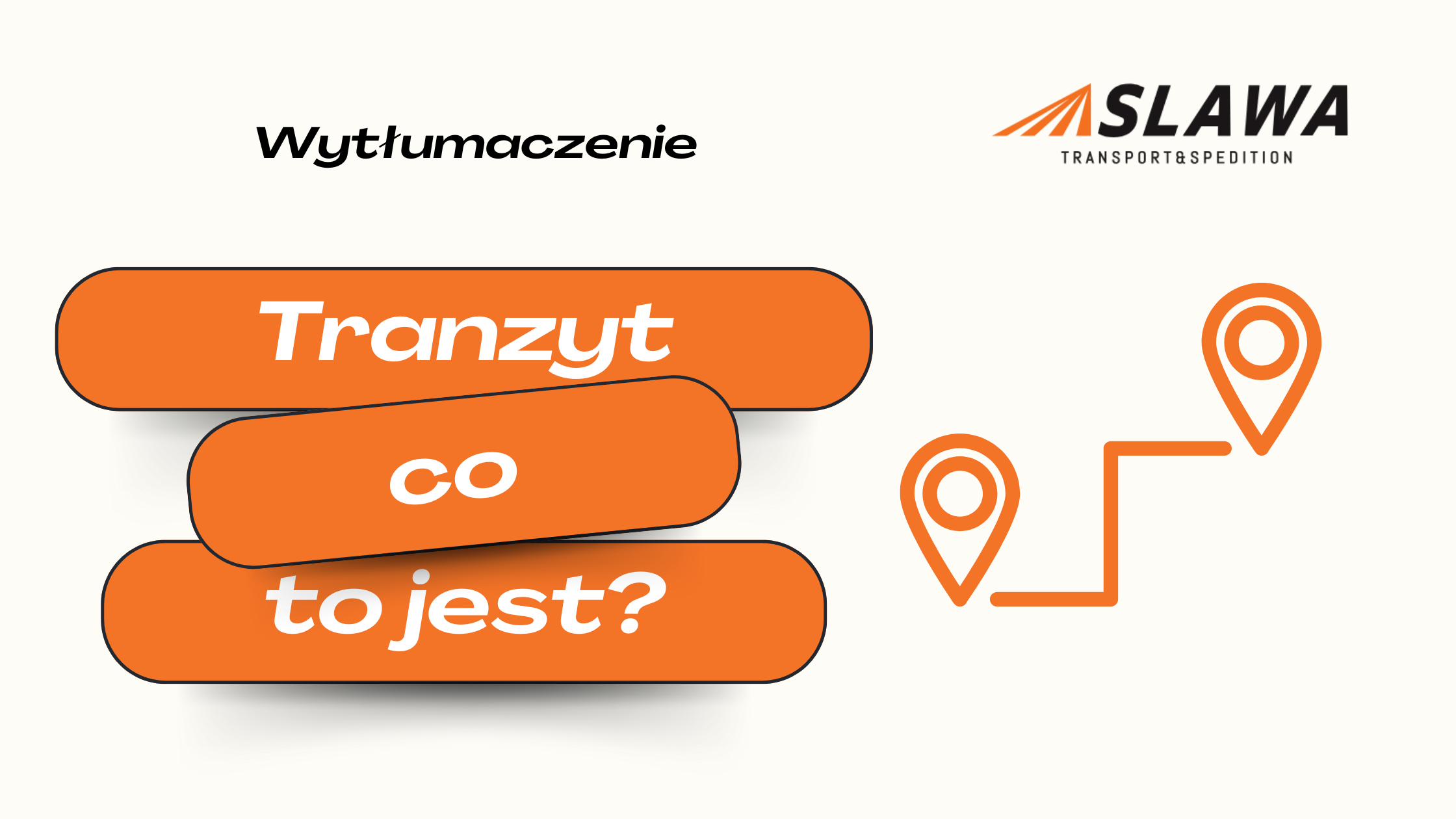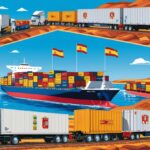Transit - what is the transportation of goods and what are the types of transit? Procedure and transit of goods
Transit is a key element of the international movement of goods, which allows cargo to move through the territory of a third country. In today's world, transit transportation is the cornerstone of efficient trade between countries.
View our transportation services
What is transit and what does it consist of?
The definition of transit includes transporting goods from one country to another through the territory of a third country. Transit transportation means that the goods merely pass through a country without being destined for its internal market.

Customs transit in practice
The customs transit procedure allows freight under customs supervision, without the need to pay customs fees in the transit country. This is a key element in streamlining the international transportation of goods.
Direct and indirect transit - differences and applications
Direct transit
In the case of direct transit, goods move through the transit country without stopping. Transport is carried out directly to the destination country using appropriate means of transportation.
Indirect transit
Indirect transit is characterized by the fact that the goods are temporarily stored in the transit country. This type of transit requires special storage infrastructure.
Transit warehouse - a key piece of infrastructure
A transit warehouse plays an important role in handling goods moving in indirect transit. It is a place designed to store goods originating from outside the country that are awaiting further transportation.
Check out our transportation options

What is international transport in the TSL system?
The TSL (Transportation-Shipment-Logistics) industry uses various modes of transport to move goods between countries. Transit transportation requires coordination of many elements and adherence to international procedures.
TIR transit shipments - specifics and requirements
The TIR system is the most popular way of carrying out transit transport by road. The TIR procedure simplifies customs formalities and ensures the smooth transportation of goods between national borders.
Transit - practical aspects
Transit transportation requires proper documentation and adherence to procedures. Transit transportation must follow established routes and within the specified time.
Carriage of goods in international transit
International transportation of goods in transit is subject to special regulations. Transit shipments require cooperation between carriers and the customs services of different countries.
External transit of goods - procedures and requirements
External transit of goods involves special customs procedures. This type of transit involves non-Community goods moving between countries.
Explore our offer
Regulation in transit
The Convention on Freedom of Transit regulates all activities related to the international movement of goods. The free movement of goods is a fundamental right, although it is subject to certain regulations.
Internal and external transit
Internal transit
Internal transit refers to the movement of goods within a single customs territory. This type of transportation is subject to national regulations and procedures.
External transit of goods
External transit transportation requires special attention and completion of all customs formalities. It mainly concerns goods from outside a country's customs territory.
Customs fees and procedures
In customs transit, the abolition of transit fees in the transit country is important. Appropriate customs procedures ensure the security and control of the flow of goods.
The future of transit transportation
The development of international transit is moving toward digitization and simplification of procedures. Transit transportation is becoming more and more efficient with modern logistics solutions.
In summary, transit is a key component of modern international trade. A proper understanding of transit procedures and regulations is essential for the efficient transportation of goods between countries.







